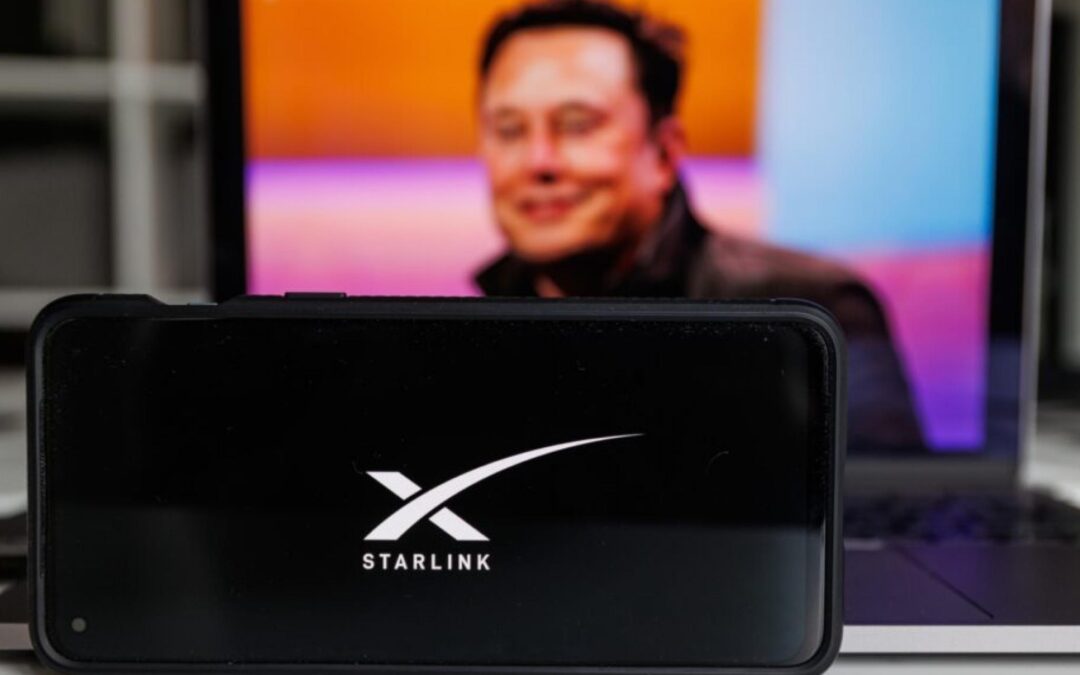Amid conflict and connectivity challenges in Sudan, Starlink satellite dishes have emerged as a crucial tool for communication and financial transactions. Despite not being officially available in the country, these dishes are providing a vital service to the people affected by the turmoil.
What Happened: The town of Tamboul in Sudan has seen Starlink satellite dishes become an indispensable means of internet access amidst frequent outages since the conflict escalated last April, France 24 reported on Tuesday.
The service, provided by Elon Musk’s SpaceX, is being smuggled into Sudan and used by locals to make calls and manage online transactions, often with financial support from relatives abroad or local entrepreneurs. The ongoing strife between Sudan’s army and the paramilitary Rapid Support Forces has led to mass displacement and a collapse of the banking system, prompting reliance on the internet-based Bank of Khartoum app, Bankak, for financial dealings.
Starlink did not immediately respond to Benzinga’s request for comment.
Despite a government ban on Starlink devices in December, the RSF has capitalized on the situation by charging for access to their satellite dishes. Conversely, the army has provided some access to the technology in Omdurman.
Why It Matters: Starlink’s role has been noted in other regions experiencing turmoil, such as Ukraine and Iran, although SpaceX has yet to make an official statement regarding its service use in Sudan, where the actual tariffs differ from those advertised by the company.
Previously, a hacker group named “Anonymous Sudan” targeted X, previously known as Twitter, in early September. The group aimed to coerce Musk into providing Starlink services to Sudan. This action underscores the desperation for connectivity in the region.
Moreover, SpaceX faced criticism from Ukrainian officials for restricting Starlink’s access to the Ukrainian military. The company’s decisions regarding internet service provision in conflict zones have thus been a subject of international scrutiny and debate.
Photo via Shutterstock
Engineered by Benzinga Neuro, Edited by
Pooja Rajkumari
The GPT-4-based Benzinga Neuro content generation system exploits the extensive Benzinga Ecosystem, including native data, APIs, and more to create comprehensive and timely stories for you.
Learn more.


Recent Comments